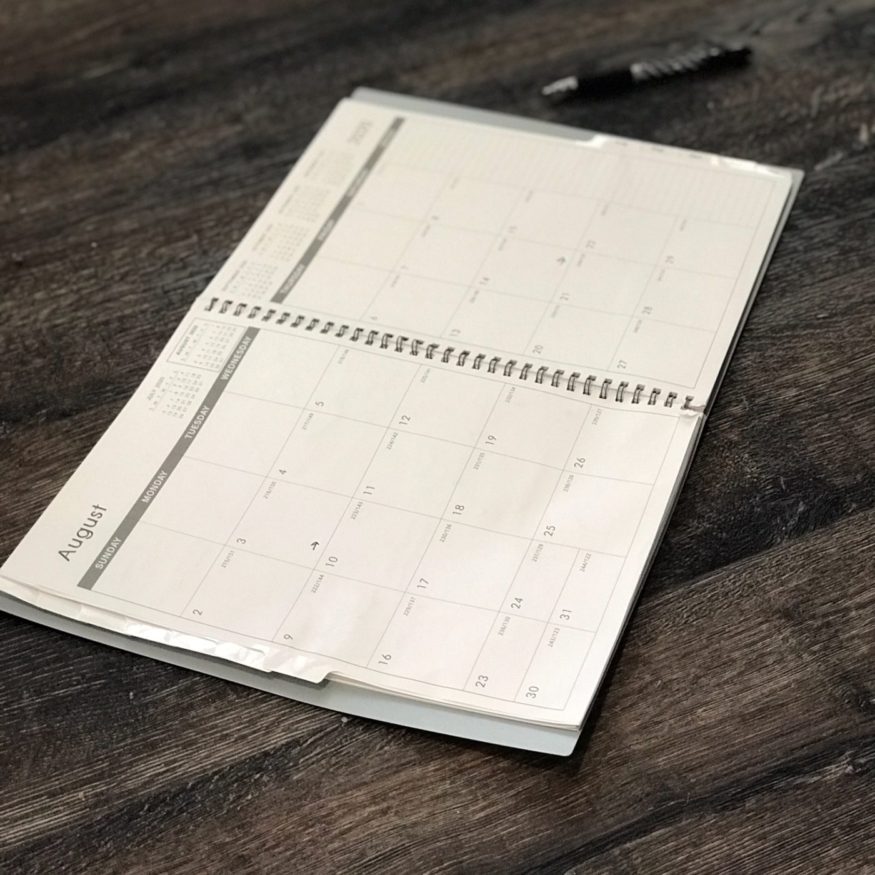Do your days seem to just slip away without anything getting done? That used to happen to me too…and to be honest, it still happens sometimes. But, after some trial and error I found some effective ways to combat these days that lack productivity, and drive them significantly higher. Below I share some time management tips that you can implement immediately. Whether you’re studying for a FINRA Exam, the CFA Exam, or just trying to get some work done. In today’s post I’m going to show you how a few simple steps can help improve your time management.
Time Management Tips: What to Prioritize?
A good place to start is with a quote I once read: “The key is not to prioritize what’s on your schedule, but to schedule your priorities.” In other words, get a sense of what needs to be done immediately and schedule that, don’t just schedule things you CAN get done.
How do you do this?
Make a list.
Lists can be extremely powerful resources. And, I know what most of you are thinking. I tried that, it never sticks. Yes, but even if you don’t use your list, the simple act of writing down your “to-do” list will add clarity, maybe be a kick-in-the-bottom, and could even relieve some stress from your mind.
Start your list with your top priorities. Rank them in terms of importance. This usually means what needs to be completed soonest. Next, if you have deadlines for multiple projects, or milestones, figure out ways you can break up the work. For example, many Series 7 Top-Off textbooks have 20 chapters, and they all need to be done at the same time (exam day!). Prioritize the most heavily weighted sections, and what sections are causing you the most trouble, and then start there.
If there are a few items that you believe share the same urgency, then create a schedule that splits an hour or two between them on the same days. Yes, multi-tasking is bad – don’t look at your Instagram while you’re studying. But, working on multiple projects is usually unavoidable for most people, and can be done if you just allocate some time where you can focus intently on each.
Keep Your Tasks Bite-Sized
A little bit of work every day adds up. Whether you put in one hour per day, or 30 minutes per day, progress is progress. Most of our students get overwhelmed by the sheer volume of study material. If you just approach every task you have in small increments you are much more likely to finish to completion what might otherwise seem like a large and daunting task.
Take a bite-sized approach to your studying and/or work. Don’t try to do everything at once. After you’ve finished reading your textbook, try getting through 10-20 questions per day. As you get faster at answering the questions, ramp it up to the point where you can do 40 – 75 questions per day.
Chances are, that when you first learned to read, you had to have every word explained to you. It takes a long time to finish a book that way. Unfortunately, this learning process never ends. If you were to pick up a book on thermodynamics tomorrow, the same approach would work. It might take you a long time to get through the text, but just focus on one word, or one problem at a time, and stay patient.
Plan Ahead
Planning is another obvious solution to improving your time management effectiveness…but it’s so obvious it often gets overlooked. Plans are usually made with the best of intentions, and rarely followed through on. The only way that you will get a plan to become effective is to find one that resonates with you personally.
Some people will plan for the week ahead on the weekend – when life slows down a little bit it gives you time to think about what’s important. This may give you time to think through your priorities without stress and anxiety.
Another good time for planning is just before bed. Consider what needs to be done the next day and write it out.
Some might prefer to make a to-do list first thing in the morning because they know their kids’ schedule for the day, their own schedule for the day, or what might be needed of them from their boss.
In short, these time management tips may not seem overly complicated, or even beyond simple common sense, but they work. How do we know? Our students have used them with success and so have we! In studying, as in life, the best solution is often to find out what works for you, and do that. Good luck studying!

